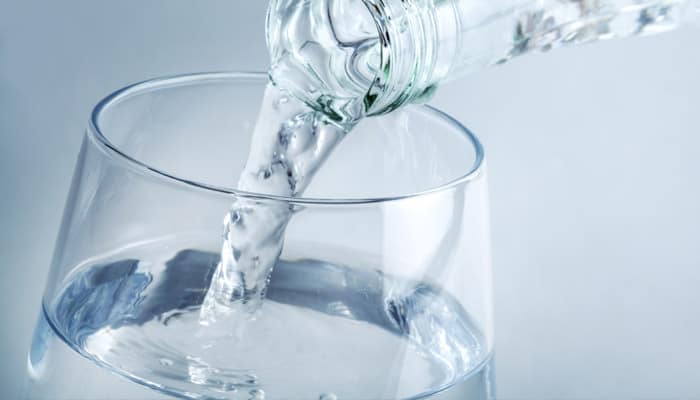ANSES recently published a note on a request for scientific and technical support for the recast of Directive 98/83/EC, as amended, concerning the quality of water intended for human consumption. The collective expertise was carried out by the Emergency collective expert assessment group (GECU) "Redrafting of the EDCH Directive".
The European Commission (EC) published on 1 February 2018 a proposal to recast this Directive 98/83/EC. This new text should be adopted at the end of 2018.
The draft revision shall include in particular an updating of the list of parameters to be analysed and the associated parametric values in the light of the most recent scientific evidence.
Below are some remarks made by the GECU concerning this update:
•The GECU approved the introduction of bacteriophages in the draft Directive with a parametric value of 0 UFP/100 mL.
•The GECU supports the introduction of the parameter Legionella and recommends to carry out simultaneously the analysis of L. spp and L. pneumophila and to clarify the proposed thresholds.
•In the case of E. coliform and enterococcal bacteria, the GECU proposes to replace the value of "0 in 100 mL" by expressing the result as "not detected in 100 mL" and to specify the methods to be used for analysis in raw water.
•The GECU recommends adding intestinal enterococci to the list of "fundamental" parameters in the same way as E. coli with regard to their resistance to disinfection treatments and to retain coliform bacteria as an indicator of treatment effectiveness.
•The GECU recommends not including Clostridium perfringens spores in the "fundamental" parameters, so that their research can be adapted according to risk analysis.
•The GECU recommends maintaining the parameter Pseudomonas aeruginosa in Annex I of the draft Directive as it is a potentially pathogenic bacterium and an indicator of good maintenance of the bottling chain.
•The GECU considers that the search for Cryptosporidium oocysts and Giardia cysts would be relevant in raw water (surface water and groundwater influenced by surface water) in the context of applications for authorisation to use water to produce an EDCH.





